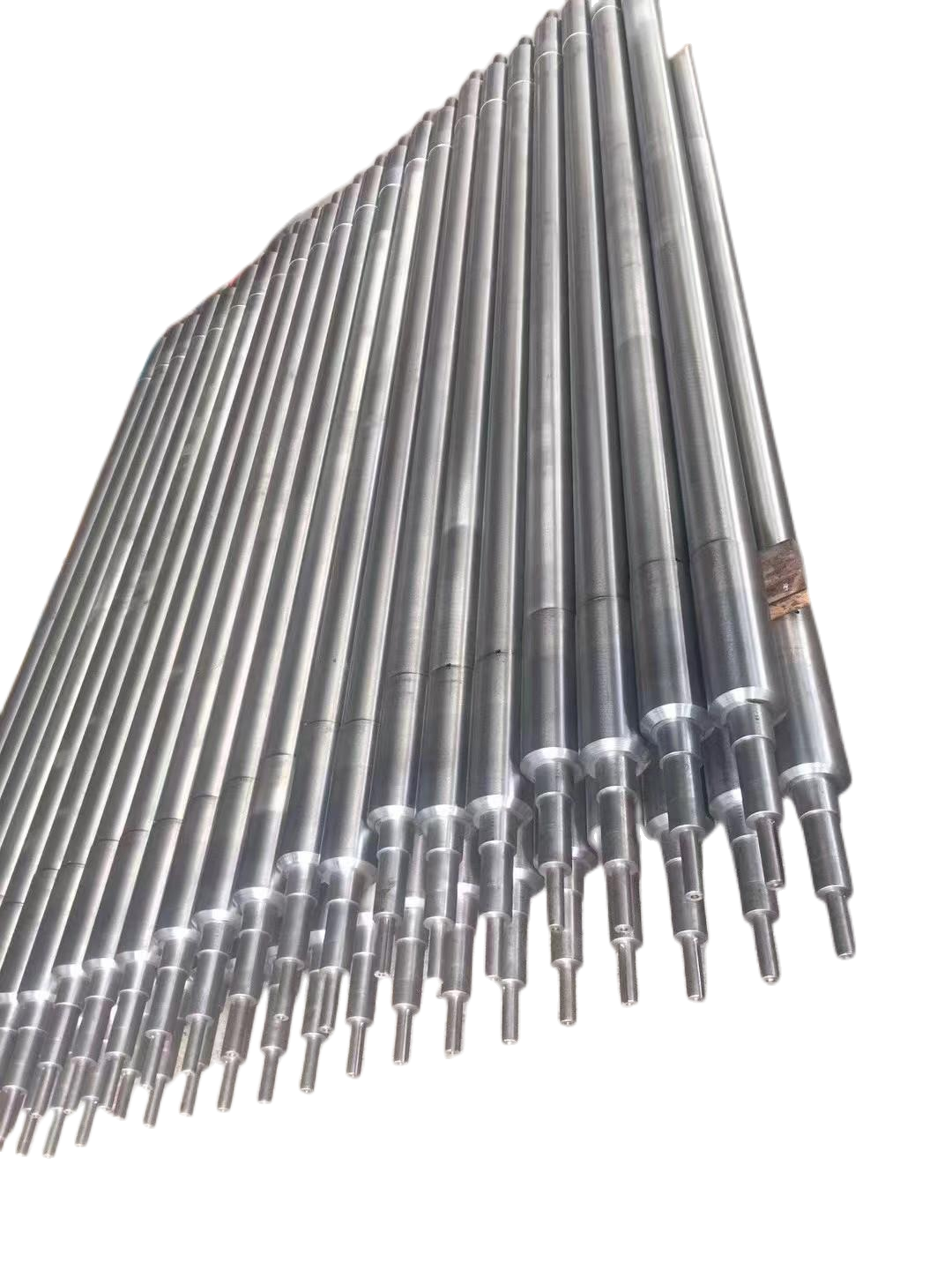precision casting foundry
A precision casting foundry represents a state-of-the-art manufacturing facility that specializes in producing high-quality metal components through the investment casting process. This sophisticated operation combines advanced technology with metallurgical expertise to create complex parts with exceptional dimensional accuracy and superior surface finish. The foundry employs cutting-edge equipment and processes, including automated wax pattern production, ceramic shell building systems, and controlled atmosphere melting furnaces. These facilities are capable of casting a wide range of materials, from common aluminum alloys to specialized superalloys, meeting the demanding requirements of aerospace, medical, automotive, and industrial applications. The foundry's quality control systems incorporate advanced measurement and testing equipment, ensuring each component meets strict specifications. Modern precision casting foundries also utilize computer-aided design and simulation software to optimize mold filling and solidification processes, minimizing defects and improving yield rates. Environmental control systems maintain optimal conditions throughout the manufacturing process, while automated handling systems ensure consistent production quality. The facility's capabilities typically include rapid prototyping services, allowing for quick development and testing of new designs before full-scale production begins.
